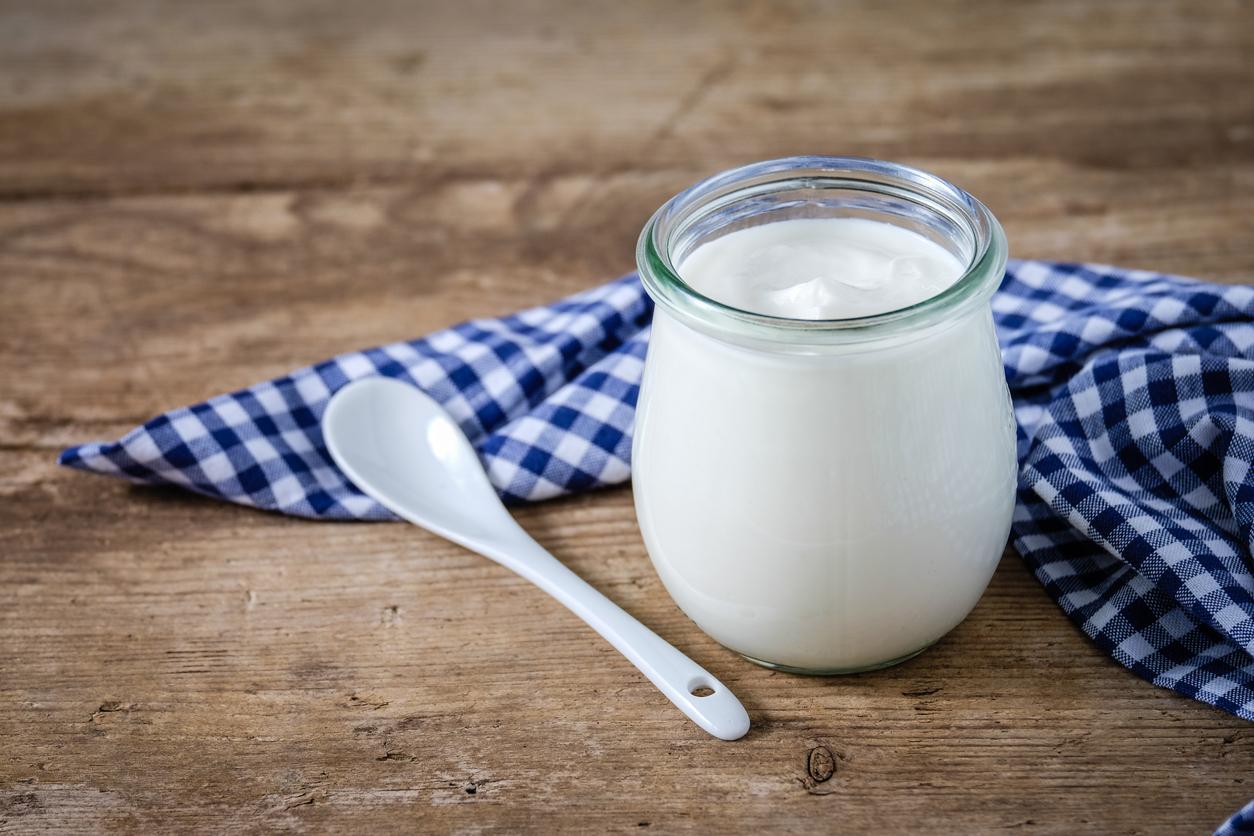
Eating red meat is believed to increase the risk of developing colorectal cancer from a previously unknown change in DNA called alkylation. This has Marios Giannakis and his team demonstrated in a new study published in the scientific journal Cancer Discovery.
Understanding the cell mutation caused by eating meat
It was already known that the consumption of red meat is a risk factor for developing colorectal cancer. But so far, no study has explained the specific characteristics of DNA damage caused by a diet high in red meat. As stated by Marios Giannakis, who led the study, “ If we say red meat is carcinogenic […], there must be a mechanism that causes it “. It was on this basis that the researchers sequenced the DNA of 900 patients with colorectal cancer and analyzed the data on their lifestyle before they suffered from the pathology.
Patients with the highest levels of alkylation had a 47% increased risk of dying
According to the results published in the scientific journal Cancer Discovery on June 17, the analyzes revealed a specific mutation, so far unknown, called alkylation. Indeed, the scientists discovered that all the participants had this mutation in their DNA, linked to the consumption of red meat. Marios Giannakis explains: “ These results suggest that consumption of red meat may cause alkylating damage that leads to carcinogenic mutations […] thus promoting the development of colorectal cancer “.
While not all cells containing these mutations will necessarily become cancerous (they were also present in healthy samples), the researchers found that this mutation was significantly associated with eating red meat. In fact, patients whose tumors had the highest levels of alkylation had a 47% increased risk of dying from them. However, they did not establish a link with the consumption of poultry and fish.
Results that could help identify patients predisposed to alkylation
As Marios Giannakis said: “ Identifying these molecular changes that can cause cancer in colon cells explain the impact of red meat consumption in the development of colorectal cancer, but would also provide new avenues for cancer prevention and treatment. “. In addition, the discovery of this mechanism could help to more easily identify patients genetically predisposed to alkylation and thus allow them to advise them to limit their consumption of red meat by prevention.
















